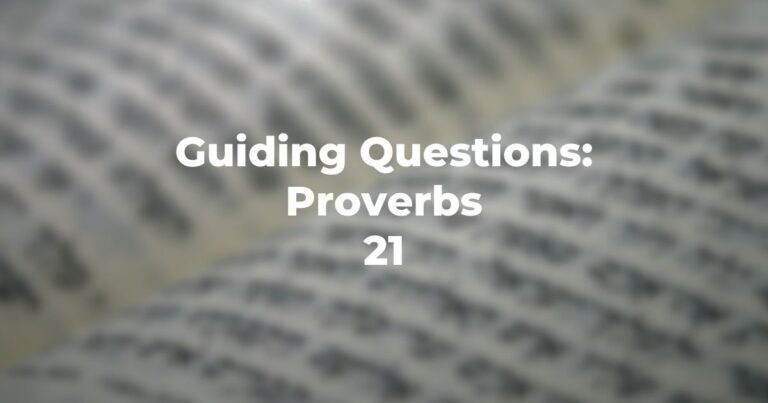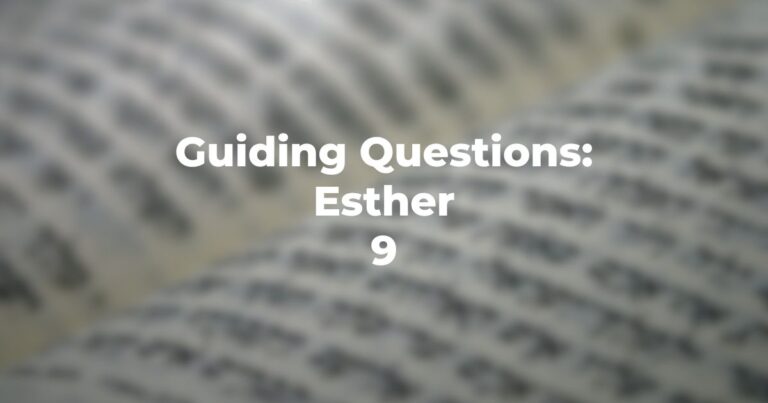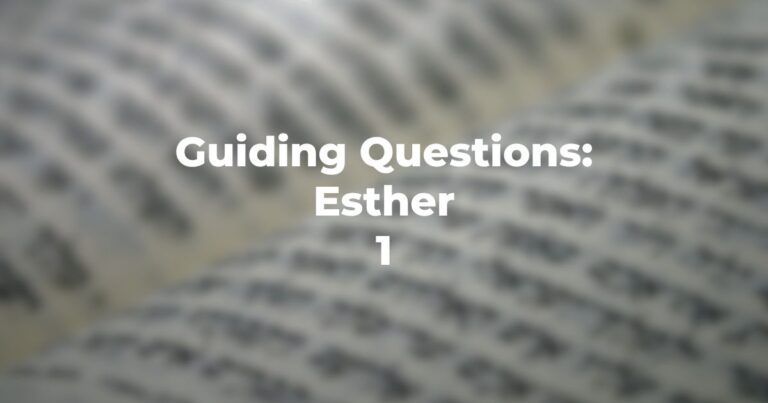- Unlike Psalms 143, the opening passages would appear to be written by one who is secure and looks upon God in what way?
- The reference in Psalms 144:2 to “peoples subject to me” would imply that this is a layman or, rather, a ruler?
- Psalms 144:3-4 are included in many Mahzorim as part of the Yizkor service; why would this be particularly pertinent?
- The tone in Psalms 144:5-8 would seem to have changed — is the Psalmist now secure or asking for help?
- And with Psalms 144:9-10 is it a king (or other ruler) who is the Psalmist?
- Do Psalms 144:12-13 indicate that the ruler rules over a land which is prosperous or has “tzorot”?
- And, in Psalms 144:14-15 what condition for a state (or people) would warrant this description?
Author
-

Exploring Judaism is the digital home for Conservative/Masorti Judaism, embracing the beauty and complexity of Judaism, and our personal search for meaning, learning, and connecting. Our goal is to create content based on three core framing: Meaning-Making (Why?), Practical Living (How?), and Explainers (What?).
View all posts




